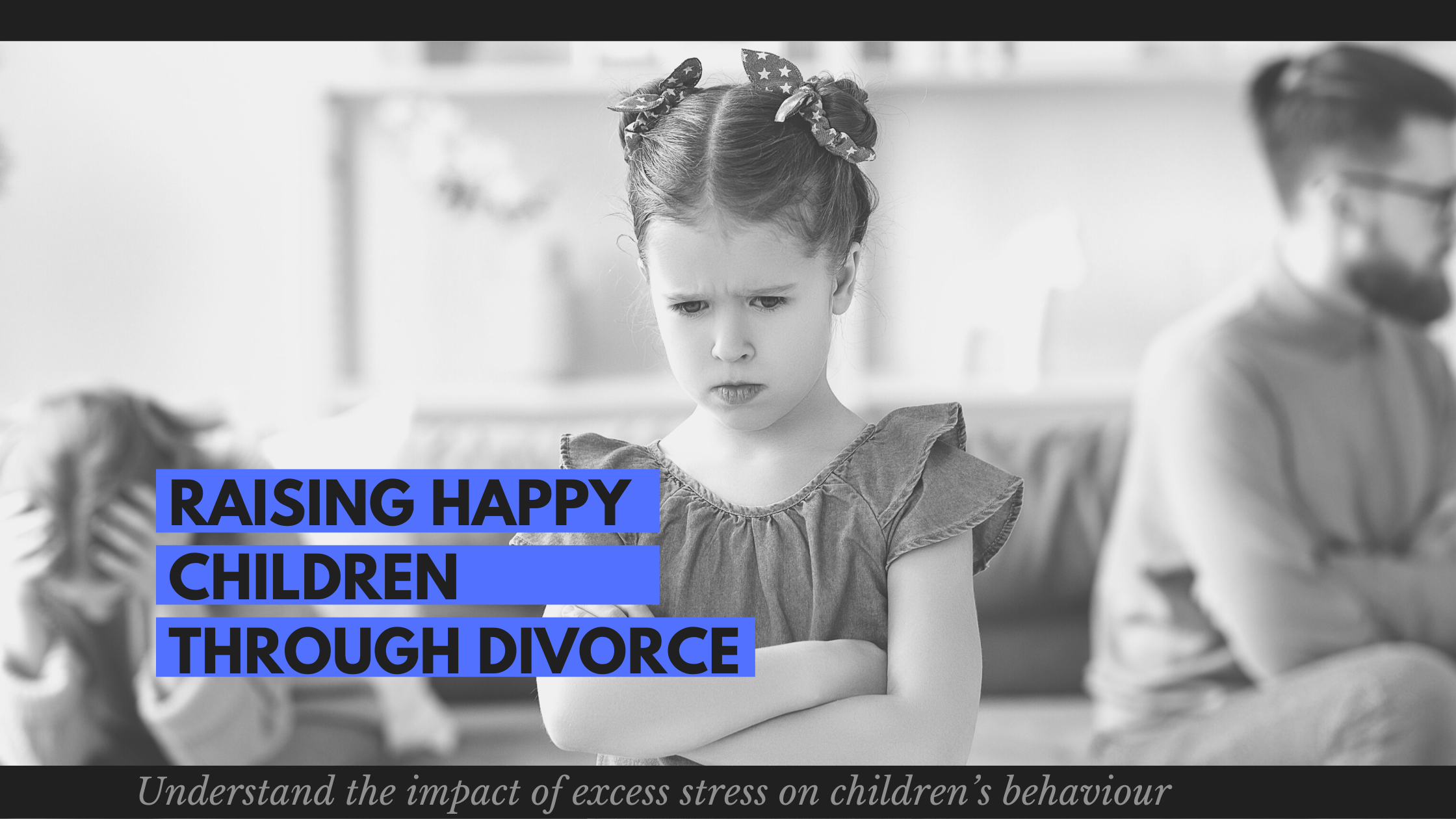Using House Chores to Grow a More Resilient Child


Using House Chores to Grow a More Resilient Child
 By Inventive Minds Kidz Academy
By Inventive Minds Kidz Academy
 Added Wed, Aug 14 2024
Added Wed, Aug 14 2024
 By Inventive Minds Kidz Academy
By Inventive Minds Kidz Academy
Added Wed, Aug 14 2024
Hey, Thanks For Subscribing!
Please check for a confirmation message and ensure you add us to a safe email list.
If you don't see a message in the next five minutes, check your spam or junk folders and mark our emails safe for next time.
See you soon!
Duplicate Email Found!
Well this is embarrassing... It looks like is already registered.
We have just sent an email to that address with a link to manage the subscription with us. If you don't see a message in the next five minutes, check the spam or junk folders, it's definitely there.
See you soon!

Raising a resilient and self-reliant child is very important in today’s world. Many studies have found that parenting style has a significant impact on a child's resilience and self-reliability later in life. For example, authoritative parenting, also called assertive parenting in some references, in which parents offer emotional support and use logical consequences, has been linked to high resilience and self-respect in children. In contrast, authoritarian parenting, in which parents expect obedience and may punish kids instead of helping them find solutions, is related to low self-esteem and low resilience in children. Permissive and neglectful styles are also related to poor self-esteem and low resilience.
In a way, raising a resilient and self-reliant child involves nurturing their ability to adapt, problem-solve, and handle life’s challenges with confidence. Without a doubt, higher brain and cognitive functionality will play an immense role in high self-esteem and problem-solving skills.
One recently studied strategy to increase cognitive function is making the children help with house chores. Obviously, there are many benefits to making the children do the chores. The most obvious one is that housework will be done sooner, and thus, the family will have more time to spend together. Also, some of the chores require teamwork, which may help shape the relationship between child and parent, and making a child do the chores that are related to his/her life will make him/her more independent and responsible. But there are more benefits to doing chores. A study has shown that simply making children help with chores has permanent effects on brain function. Before this study, not a lot of studies had addressed this subject, but in 2022, a study led by Ph.D. candidate Deanna Tepper and published in Australian Occupational Therapy found that regular chores were associated with better executive functions—planning, self-regulation, switching between tasks, and remembering instructions.
Tepper said the study’s results indicate that interventions that incorporate household chore-like activities such as cooking or gardening may be particularly beneficial for children.
Tepper mentioned that “Parents may be able to use age- and ability-appropriate chores to facilitate the development of executive functions,” and “Children who cook a family meal or weed the garden on a regular basis may be more likely to excel in other aspects of life—like schoolwork or problem-solving.”
‘Executive functions’ is an umbrella term for an array of cognitive processes associated with self-regulation and goal-directed behavior. Tepper said that “Impairments or delays in executive functioning development can lead to difficulties in the ability to self-regulate, plan, and problem solve as adults, having implications later in life on reading performance and mathematical ability, as well as predicting overall academic achievement in later childhood.”
The study looked at the parents and guardians of 207 children aged between 5 and 13 years. In mid-2020, parents and guardians were asked to complete questionnaires on the number of chores their children completed daily and their child’s executive function.
With all that in mind, not all chores are good for each child. One big challenge could be: what can a child at any age do to help with house chores. Experts recommend that children help with different chores at different ages:
Preschoolers (3-5 years):
Simple Tasks: Preschoolers can handle straightforward chores that build basic skills. Examples include:
Putting Away Toys: Encourage them to tidy up their play area.
Making Their Bed: Teach them to straighten sheets and fluff pillows.
Setting the table: Help them place utensils and napkins.
Elementary School (6–10 years):
More complex chores: As children grow, introduce tasks that require more coordination and responsibility:
Folding Laundry: Teach them how to fold clothes neatly.
Sweeping: Show them how to use a broom effectively.
Feeding Pets: Responsibility for pet care can be shared.
Pre-teens and teens (11+ years):
Greater Independence: Older children can handle more demanding chores:
Cooking Meals: Basic cooking skills, like making sandwiches or scrambled eggs.
Mowing the lawn: If you have a yard, this is a good task.
Doing laundry: Teach them to sort, wash, and fold clothes.
Another challenge for parents who want to implement chores in their child’s life can be the refusal of the child to do the chores. Remember, being assertive does not mean atrociously forcing the tasks on your child. Some strategies that might help with this issue are:
- Communicating the importance of chores: children often have no idea about the importance of chores or they may not be informed about the consequences of not doing the chores. It is best to first explain it to them and let them know about their role in maintaining a functional household.
- Specificity in what exactly needs to be done: Don’t just tell them help me with arranging the dinner table. Be specific about what needs to be done and by what time it should be done.
- Being a role model: by showing enthusiasm for your own chores and demonstrating a positive attitude towards chores, be the child’s role model.
- Assigning the chores that match their abilities
- Being Consistent. Create a routine and make it a part of their lives.
- Making the chores actually fun: Playing music or singing a song while doing chores makes it more fun for children. Another fun strategy could be Racing against time.
- Praising their efforts: make sure they know you appreciate their role.
- Offering choices: let them choose between two chores. This gives them a sense of autonomy.
- Having a teamwork approach: Frame chores as a family effort.
- Allowing them to face natural consequences of their denial of help doing the chores. If a child does not take responsibility for cleaning his/her room, let them be in their messy room and lose their things. At the right time and in the right fashion, point to them that this is the consequence of them not doing their chores.
- Avoiding Power Struggles: a fight will have only bad consequences.
- Staying Patient: Don’t expect a child to reshape his/her habits in a couple of days.
- Using applause and encouragement instead of punishment
Authored By:
Dr. Alireza Sarmadi
Family Physician
Raising a resilient and self-reliant child is very important in today’s world. Many studies have found that parenting style has a significant impact on a child's resilience and self-reliability later in life. For example, authoritative parenting, also called assertive parenting in some references, in which parents offer emotional support and use logical consequences, has been linked to high resilience and self-respect in children. In contrast, authoritarian parenting, in which parents expect obedience and may punish kids instead of helping them find solutions, is related to low self-esteem and low resilience in children. Permissive and neglectful styles are also related to poor self-esteem and low resilience.
In a way, raising a resilient and self-reliant child involves nurturing their ability to adapt, problem-solve, and handle life’s challenges with confidence. Without a doubt, higher brain and cognitive functionality will play an immense role in high self-esteem and problem-solving skills.
One recently studied strategy to increase cognitive function is making the children help with house chores. Obviously, there are many benefits to making the children do the chores. The most obvious one is that housework will be done sooner, and thus, the family will have more time to spend together. Also, some of the chores require teamwork, which may help shape the relationship between child and parent, and making a child do the chores that are related to his/her life will make him/her more independent and responsible. But there are more benefits to doing chores. A study has shown that simply making children help with chores has permanent effects on brain function. Before this study, not a lot of studies had addressed this subject, but in 2022, a study led by Ph.D. candidate Deanna Tepper and published in Australian Occupational Therapy found that regular chores were associated with better executive functions—planning, self-regulation, switching between tasks, and remembering instructions.
Tepper said the study’s results indicate that interventions that incorporate household chore-like activities such as cooking or gardening may be particularly beneficial for children.
Tepper mentioned that “Parents may be able to use age- and ability-appropriate chores to facilitate the development of executive functions,” and “Children who cook a family meal or weed the garden on a regular basis may be more likely to excel in other aspects of life—like schoolwork or problem-solving.”
‘Executive functions’ is an umbrella term for an array of cognitive processes associated with self-regulation and goal-directed behavior. Tepper said that “Impairments or delays in executive functioning development can lead to difficulties in the ability to self-regulate, plan, and problem solve as adults, having implications later in life on reading performance and mathematical ability, as well as predicting overall academic achievement in later childhood.”
The study looked at the parents and guardians of 207 children aged between 5 and 13 years. In mid-2020, parents and guardians were asked to complete questionnaires on the number of chores their children completed daily and their child’s executive function.
With all that in mind, not all chores are good for each child. One big challenge could be: what can a child at any age do to help with house chores. Experts recommend that children help with different chores at different ages:
Preschoolers (3-5 years):
Simple Tasks: Preschoolers can handle straightforward chores that build basic skills. Examples include:
Putting Away Toys: Encourage them to tidy up their play area.
Making Their Bed: Teach them to straighten sheets and fluff pillows.
Setting the table: Help them place utensils and napkins.
Elementary School (6–10 years):
More complex chores: As children grow, introduce tasks that require more coordination and responsibility:
Folding Laundry: Teach them how to fold clothes neatly.
Sweeping: Show them how to use a broom effectively.
Feeding Pets: Responsibility for pet care can be shared.
Pre-teens and teens (11+ years):
Greater Independence: Older children can handle more demanding chores:
Cooking Meals: Basic cooking skills, like making sandwiches or scrambled eggs.
Mowing the lawn: If you have a yard, this is a good task.
Doing laundry: Teach them to sort, wash, and fold clothes.
Another challenge for parents who want to implement chores in their child’s life can be the refusal of the child to do the chores. Remember, being assertive does not mean atrociously forcing the tasks on your child. Some strategies that might help with this issue are:
- Communicating the importance of chores: children often have no idea about the importance of chores or they may not be informed about the consequences of not doing the chores. It is best to first explain it to them and let them know about their role in maintaining a functional household.
- Specificity in what exactly needs to be done: Don’t just tell them help me with arranging the dinner table. Be specific about what needs to be done and by what time it should be done.
- Being a role model: by showing enthusiasm for your own chores and demonstrating a positive attitude towards chores, be the child’s role model.
- Assigning the chores that match their abilities
- Being Consistent. Create a routine and make it a part of their lives.
- Making the chores actually fun: Playing music or singing a song while doing chores makes it more fun for children. Another fun strategy could be Racing against time.
- Praising their efforts: make sure they know you appreciate their role.
- Offering choices: let them choose between two chores. This gives them a sense of autonomy.
- Having a teamwork approach: Frame chores as a family effort.
- Allowing them to face natural consequences of their denial of help doing the chores. If a child does not take responsibility for cleaning his/her room, let them be in their messy room and lose their things. At the right time and in the right fashion, point to them that this is the consequence of them not doing their chores.
- Avoiding Power Struggles: a fight will have only bad consequences.
- Staying Patient: Don’t expect a child to reshape his/her habits in a couple of days.
- Using applause and encouragement instead of punishment
Authored By:
Dr. Alireza Sarmadi
Family Physician
Most Talked About Posts
You May Also Like
Staff Picks
Now Trending
Our Newsletter
Duplicate Email Found!
Well this is embarrassing... It looks like is already registered.
We have just sent an email to that address with a link to manage the subscription with us. If you don't see a message in the next five minutes, check the spam or junk folders, it's definitely there.
See you soon!
Join Our Newsletter
Hey, Thanks For Subscribing!
Please check for a confirmation message and ensure you add us to a safe email list.
If you don't see a message in the next five minutes, check your spam or junk folders and mark our emails safe for next time.
See you soon!
Duplicate Email Found!
Well this is embarrassing... It looks like is already registered.
We have just sent an email to that address with a link to manage the subscription with us. If you don't see a message in the next five minutes, check the spam or junk folders, it's definitely there.
See you soon!










